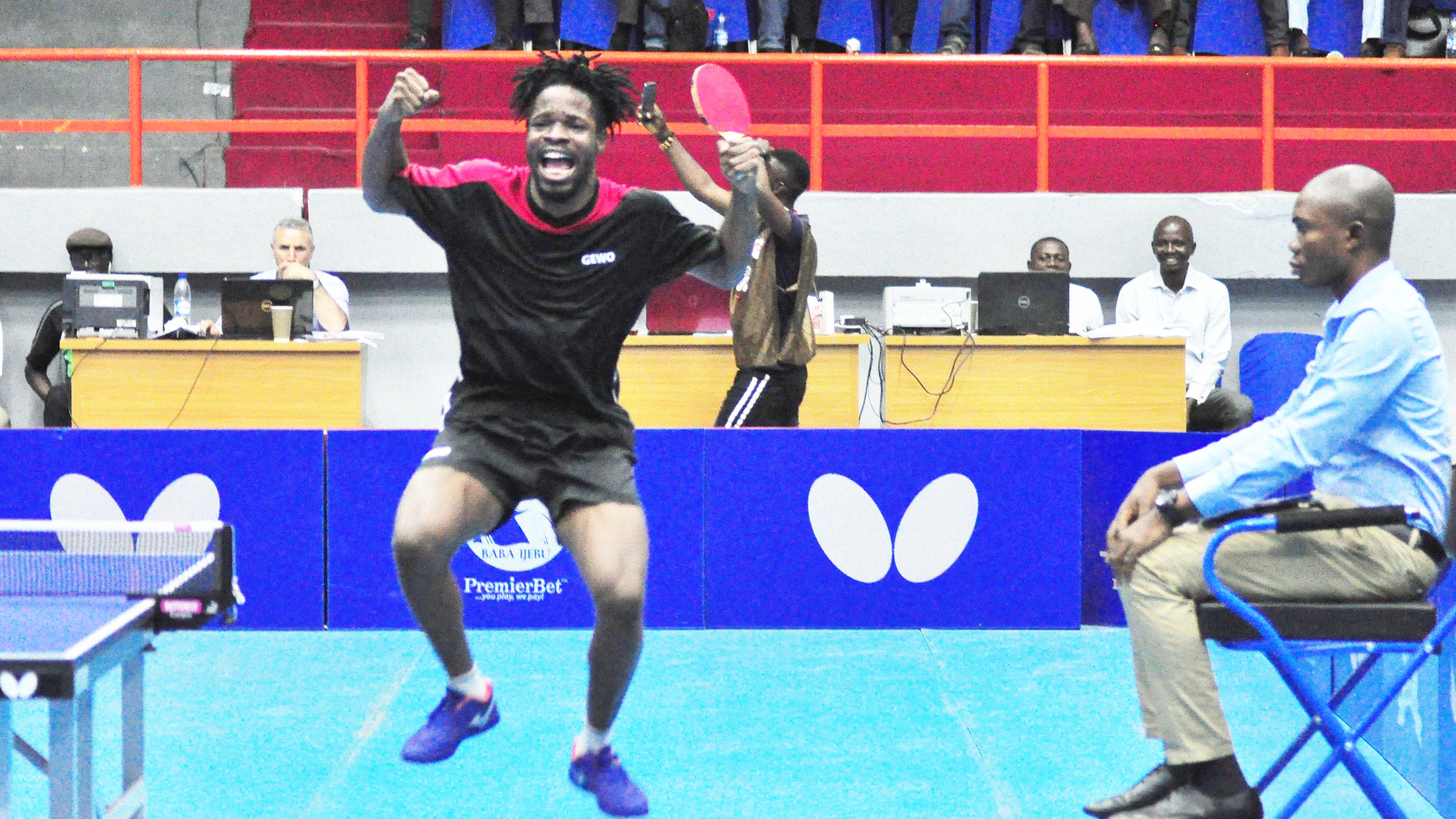What do Kevin Love, Liam Pitchford and Olajide Omotayo have in common? Sure, they are all Olympians, playing in the 2012, 2016 and 2020 games respectively. That's too easy. What really unites these world-class athletes is a common enemy. All have faced a debilitating mixture of depression and anxiety in the midst of their brilliant careers. NBA champion Kevin Love became a spokesman for mental health after suffering a panic attack while playing for the Cleveland Cavaliers in 2017. "Sometimes things get worse in order to get better, and sometimes there is a rock bottom," says Love. "I know that people reaching out for help or talking to someone, it does really work." As English national champion Liam Pitchford described in 2018: "It was about four years ago I realized something wasn’t right and I wasn’t happy... I’m not a guy who likes to talk about things; I just tried to keep it inside. I didn’t know about mental health back then. I was just trying to do the same things every day and trying to get through it. I didn’t really speak to anyone about it." This year, Pitchford used his experience to issue a PSA aimed at anyone struggling with mental health, especially in the face of isolation due to the COVID-19 quarantine. "I've had my own issues in the past and come through it and opened up about it," Pitchford explained. "I just want to remind people that, if you are going through bad times or mental health issues, you're not alone. There are people around you that you can talk to, whether it be friends, family, mental health charities... I know that first step for me was the hardest, but once I'd opened up and spoken about it, I felt then I was on the road to recovery." Only those who know Olajide Omotayo best would be unsurprised to learn of his struggles. Omotayo, 24, is seen as the next big thing, even dubbed the "prince of Nigerian table tennis." The current big thing, not only in Nigeria but all of Africa, is Quadri Aruna, still the man to beat at age 31. While Aruna is king, Omotayo has been anointed the heir apparent. Omotayo honed his skills playing in Europe, beginning in Switzerland seven years ago. Since 2014 he has played in Italian leagues, blossoming under the tutelage of his coach Luciano Esposito. In 2015, however, Omotayo hit a snag that almost derailed his promising career. Vying for a spot on the team representing Nigeria at the African Games, he just needed one last match to qualify. "I didn’t qualify to be in the team because of a match that I was leading 2-0 in and was the favorite for," he recalls. "I don't know what happened." Omotayo didn't take the loss well. "It’s like life was trying to pull me down," he describes. "I allowed this to get into my head. I was depressed." Things just seemed to go from bad to worse for Omotayo. "Sometimes sports turn upside down," he reflects. "No African Games and everything else went down. I couldn't go back to Europe because my club in Italy couldn’t secure sponsorship." He sank into what he calls a "deep depression." Omotayo considered hanging up his paddle for good. Then, inspiration came from a unlikely source: his countryman Quadri Aruna, who was about to make history at the 2016 Olympics. Aruna had a miraculous run to the quarterfinals of the men's singles, the best-ever finish for an African player. Omotayo got back to work. He climbed from a world ranking of over 600th place to his current perch of #92. This February in Tunisia, he went undefeated at the African Olympic Qualification Tournament, guaranteeing a ticket to the 2020 Tokyo games. "I just flashed back," says Omotayo. "Everything that happened in my life happened so fast. Four years ago, I was watching Aruna in Rio and now I have qualified for the Olympics. You can’t imagine all these feelings. What if I had quit playing table tennis? Look at what I have now achieved! It's emotional." Like Kevin Love and Liam Pitchford before him, Olajide Omotayo has bravely opened up about the personal demons he has battled. This growing chorus of larger-than-life, seemingly superhuman athletes sharing their vulnerabilities helps dispel the unfortunate stigma that surrounds seeking help for mental health issues. As Kevin Love says, "Everyone is going through something."
More at Olympic Channel
